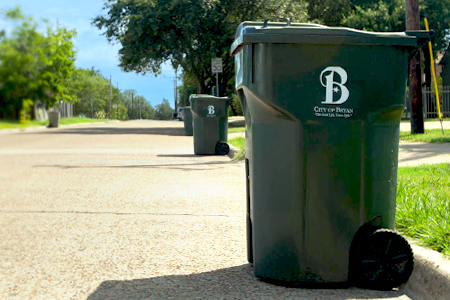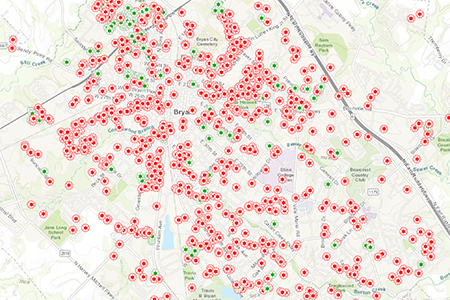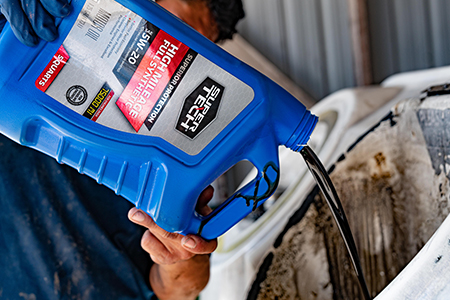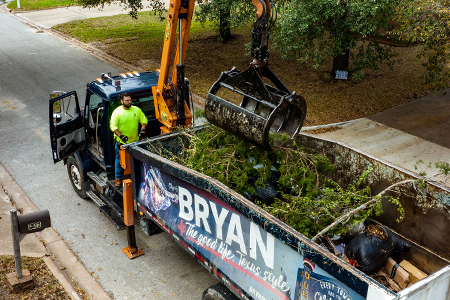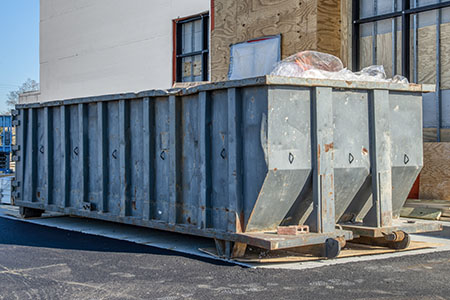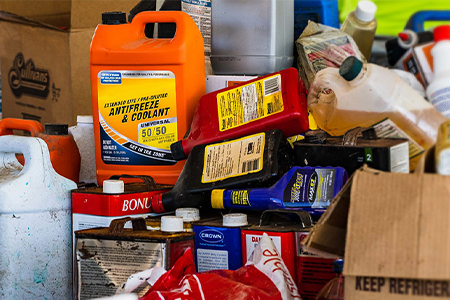Solid Waste
Contact Us
The Solid Waste division of the Public Works Department provides residential collections, commercial collections, and brush and bulky collections to citizens and businesses within the city.
- Email us through our contact form.
- Phone: 979-209-5900
- Fax: 1-800-528-7659
- Address: 1111 Waco St., Bryan, TX 77803
